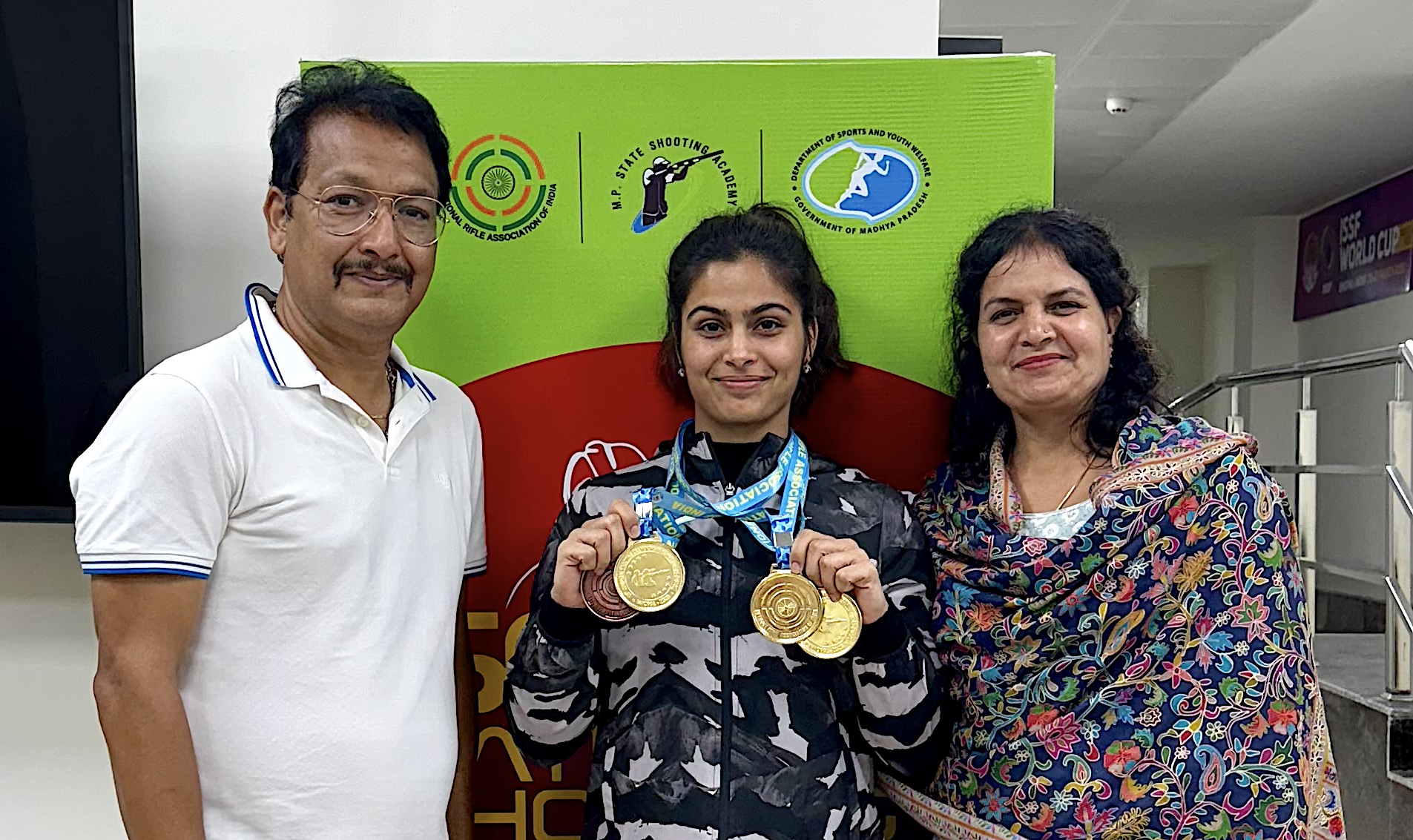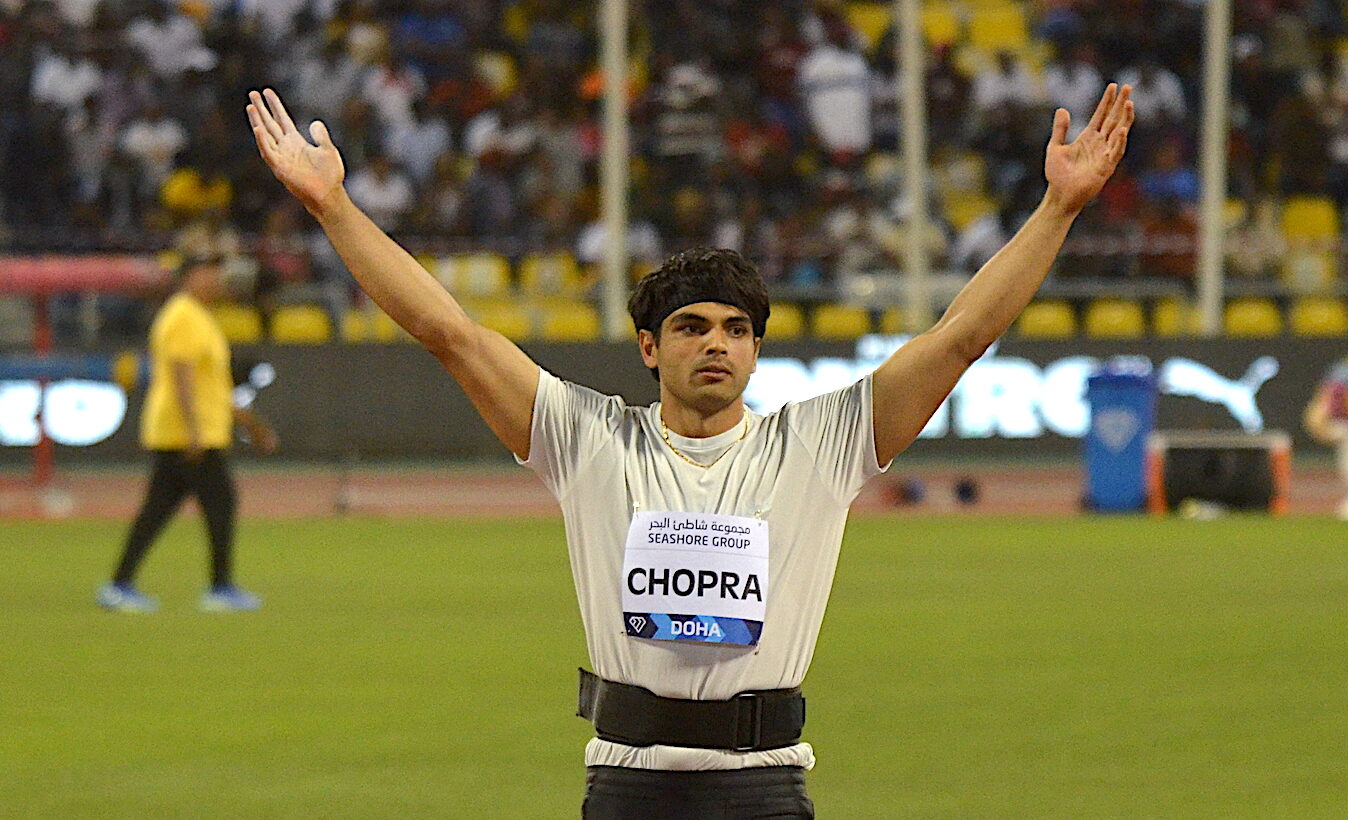It is not often that a top-flight sports coach opens up the treasure trove of learnings. You sense that most play their cards close their chest, not wanting others to get a sense of the methods, not to speak of trade secrets. But it does not take any convincing Dronacharya award winning pistol shooting coach Jaspal Rana to sit down for a conversation around the art and science coaching.
“Coaching is nothing but understanding and trust between two persons. If these are not there, it does not matter how intelligent or educated you are and what achievement you have behind you, both in your days as an athlete and in your time as a coach,” he said, breaking coaching down to its simplest terms as we prepared to watch his ward, Manu Bhaker, compete in the Olympic trials.
He pointed out that at the elite level, coaching has to do more with the mental side of preparation than technical. “It is all mental at this level. From a technique perspective, these athletes are far superior to us. We cannot teach them the basics at this level, but we have to preserve them and get them to deliver the best under the circumstances.”

Jaspal Rana said it is important for coaches to refrain from adding to the chatter that goes on in an athlete’s mind. “You do not talk or do stuff that is not relevant to the athlete. You cannot get angry with an athlete or shout at him or her. You have to handle things with a mature approach. For, no athlete wants to fail. But wants to give his or her best at any given point of time,” he said.
He is well aware that the present generation of shooters knows a great deal, thanks to the internet. “An athlete like Manu Bhaker has better knowledge about advanced techniques. I am also learning with her,” he said. “As a coach, I have to accept that. I cannot believe that what I know of technique is all that matter.
“I have to accept them the way they are, their way of life, their technique, their way of shooting. And I have to fit myself in it. Not the other way around. My job as her coach is to primarily ensure that she is in good space, mentally,” he said, nailing the crux of his approach to coaching high performance athlete.
It is not as if he has worked only with top athletes. His observations are sharp and make one think. “When an athlete sets off on the journey to being an internationally acclaimed sportsperson, he or she would have faith in someone who has basic knowledge. That someone may or may not have played a very high level of sport, but the knowledge of the basics is most critical. I can cite examples of those who have no background in their sport across disciplines,” he said.
Surely, Jaspal Rana is not among those who hesitate to offer frank opinion. He spoke of how the Olympic Trials for the shooting sport squad, extending over a month, has left shooters with precious little time for recovery between matches. “It makes life tough for everyone, the athletes, the coaches and the support staff,” he said.
He elaborated his genuine concerns. “People must understand the concept of peaking if we are to avoid burnouts. Nobody can be on top in every competition. We need to build in rest times. We must provide for times when the athlete’s performances will dip a bit. Coaching is not about pushing athletes to give the best score each time. That is not going to happen,” he said.
For someone who picked up four Asian Games gold medals despite not having a range of support that contemporary shooters have, Jaspal Rana has opened up beautifully to working with them. “It is team work. If someone thinks they can do miracles, it won’t work. Nobody can do miracles, and everything has to be team work,” he said.
“We must understand that everyone in the system – from the Federation to IOA, from SAI to NGOs – plays an important role. If someone thinks they are the only ones doing everything, they are mistaken. The athletes must not get the feeling of being lynched by pulling them in different directions. The support system must not spoil or deter an athlete,” he said.
Having said that, he also expressed reservations about how the system is evolving. “I dislike the involvement of too many people, each wanting to keep things to themselves. There are times where the coach is not kept in the loop by a mental trainer or a physiotherapist. I understand the need for privacy but if a coach is not taken into confidence, how does it work?” he said.
“I have had many gurus in my life, for sport, academics, politics or business. I was definitely a student at that time. Now, I see myself as a teacher who is still learning. Honesty is everything in coaching,” he said. He ponders wistfully when reminded that he may have lose some people along the way. “It is okay if I have lost some because of that. What you lose never belonged to you.”
Asked what he has learnt during his time as a coach, the 47-year-old does not hesitate to “Patience” before breaking into laughter. “Athletes need to be nurtured, even protected and guided in a very polite way. And for that someone like me had to develop enormous patience,” he said, recalling that he was very aggressive when he was a shooter.
You can see he is introspecting and articulating at the same time. “Coaching has taught me a lot. Even when the athlete is wrong, you cannot tell them that he or she is wrong. While you have to find a way to make them introspect and understand that they had made an error, by no means should a coach tell an athlete that he or she is wrong,” he said.
Photo: Jaspal Rana, Manu Bhaker and her mother Sumedha Bhaker (Courtesy Manu Bhaker)



